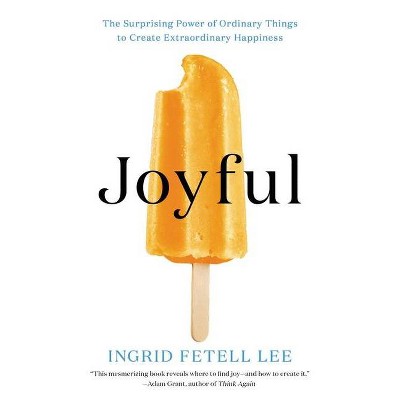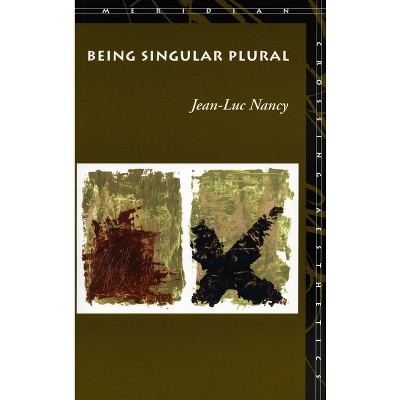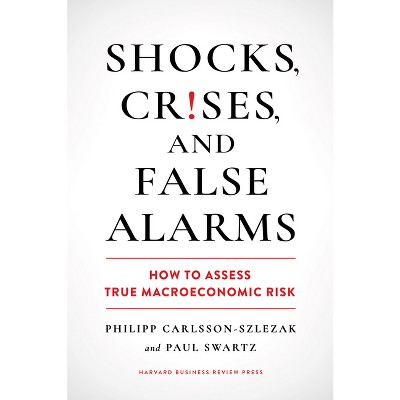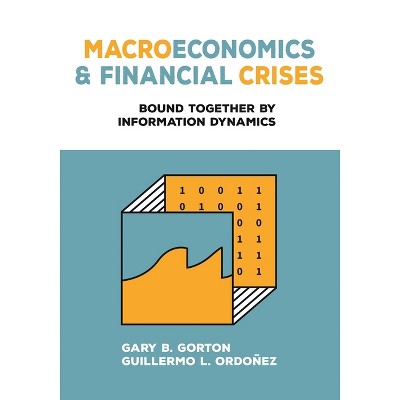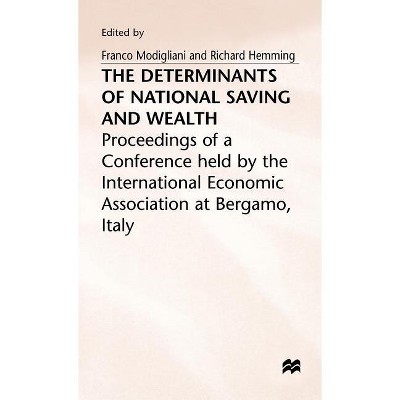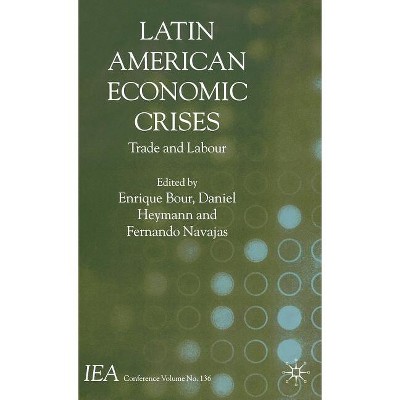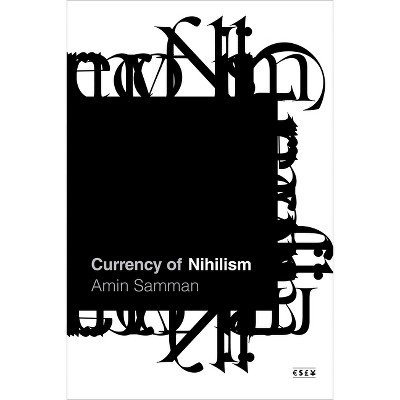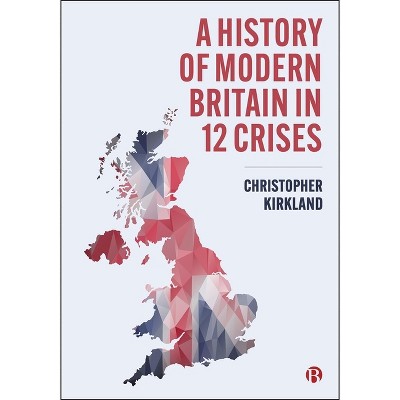Sponsored

The Determinants of Currency Crises - by B Rother (Hardcover)
In Stock
Sponsored
About this item
Highlights
- This book explores the role of political factors in the occurrence of currency crises, using an eclectic approach that blends case studies, a rigorous theoretical discussion, and econometric analysis.
- About the Author: BJÖRN ROTHER is an Economist at the International Monetary Fund in Washington DC, USA and worked previously as a consultant with Mckinsey& Company Inc.
- 188 Pages
- Business + Money Management, Economics
Description
About the Book
A lot of research has been carried out on currency crises, but the existing literature largely fails to adequately recognize the role of politics in creating financial turbulence. This book explains the role of political factors in the occurrence of currency crises. It starts out with a discussion of political developments in four prominent crisis cases, including Turkey and Argentina in the early 2000s, before discussing various extensions of a workhorse model of the economics literature, two of which are original, to show how upcoming elections, intra-governmental conflict, and lobbying activity can impact the stability of an exchange rate regime. The econometric analysis uses a diverse sample of 69 countries over 1975-97 to determine whether the inclusion of political variables can make a difference in crisis prediction without adding too much complexity, compared with standard early-warning-systems models that rely exclusively on macroeconomic fundamentals. This book provides a thorough and in-depth report, seeking to translate concepts from the discipline of political science into the language of economics. It is essential reading for all interested in international political economy and financial crises.Book Synopsis
This book explores the role of political factors in the occurrence of currency crises, using an eclectic approach that blends case studies, a rigorous theoretical discussion, and econometric analysis.Review Quotes
This book cuts to the heart of the policy making process by focusing on how political factors affect exchange rate decisions. By grounding insight from economics, economic history and political science in a consistent methodological framework, the author moves beyond the narrow focus of much of current economic research to produce a compelling account of the political economy of exchange rate decision making. (Dr. Domenico Lombardi, President, The Oxford Institute for Economic Policy)
'Currency Crises are an elusive phenomenon. At times, all signs point to a storm, yet nothing happens, and at other times the ocean is flat but a crisis hits out of the blue sky. Rother appears to sympathize with Kindleberger's beautiful 'one knows a financial crisis when it happens' but he is up to more, indeed much more. Convinced that in addition to economic fundamentals politics play a decisive role in the evolution of currency crises he sets out to develop and then to test a political-economy model of a crisis predictor that may serve as an early warning system'. Michael Braulke, Professor of Economics, Universität Osnabrück, Germany.
About the Author
BJÖRN ROTHER is an Economist at the International Monetary Fund in Washington DC, USA and worked previously as a consultant with Mckinsey& Company Inc. He holds a Doctorate in Economics from the Free University of Berlin.Shipping details
Return details
Frequently bought together
Trending Non-Fiction









